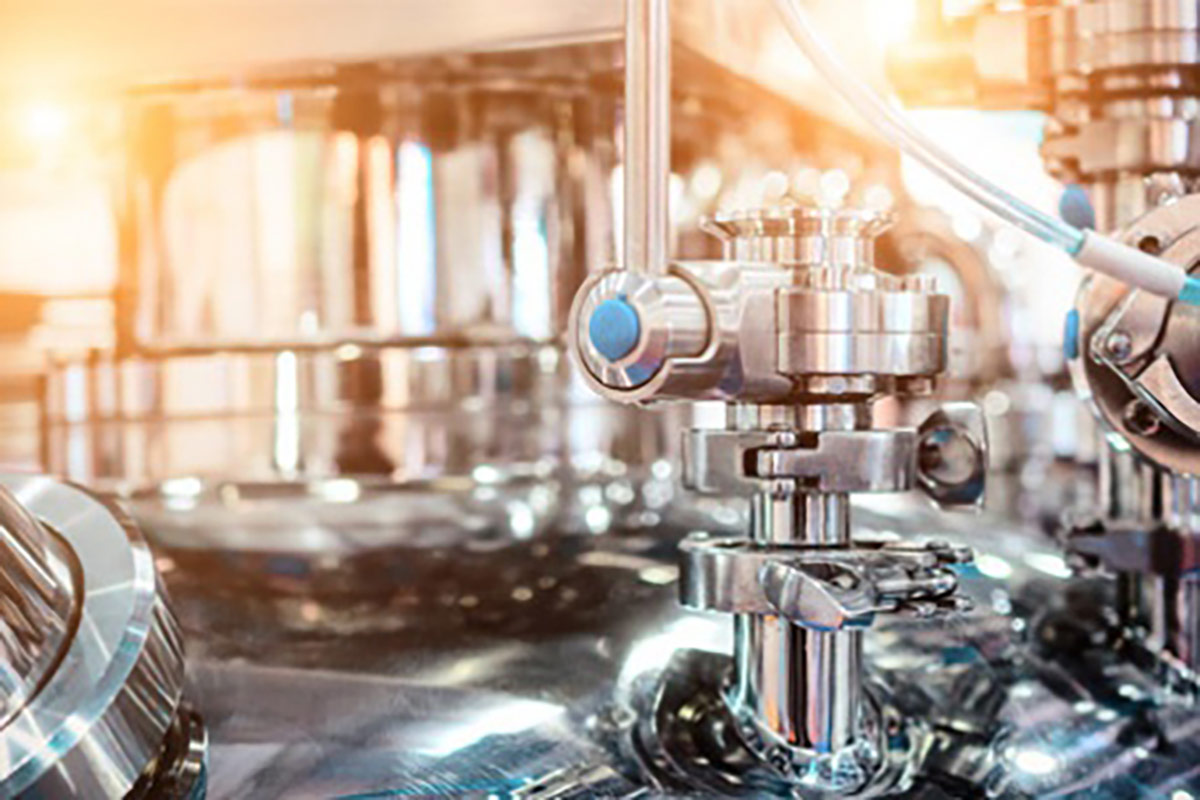Customers experiencing low seal lifetimes with EPDM materials on discharge ball valves are finding the chemical resistance of Perlast® offers an excellent alternative.
Problem
Valve manufacturers have long relied on EPDM (ethylene propylene terpolymer) as a material for expandable envelope seals. However, in certain applications, EPDM has delivered unsatisfactory sealing performance. This is particularly the case when applications involve aggressive chemical media, for example, toluene or other aggressive solvents.
While alternatives such as non-inflating PTFE seals might offer the required chemical resistance, the seal material is unable to sustain the vacuum conditions needed in some production processes.
PPE Solution
Developed by the material scientists at PPE, an expandable Perlast® envelope seal has been shown to extend the life of discharge ball valves operating under vacuum conditions, in chemical processing and pharmaceutical manufacturing processes.
The Perlast® seal is ideal for vacuum discharge ball valves repeatedly exposed to a mix of solvents at vacuums up to 6.0 BATS and temperatures between -15ºC and +260ºC. Made from FDA-compliant Perlast® G70S, the envelope seal is partially expanded to seal against the ball under pressure, and then released by vacuum.
Outcome
By switching to the chemically resistant Perlast® G70S inflatable seal, the operational life of the vacuum discharge ball valve was extended significantly. This extended the maintenance window for the valve seals, reducing leakage through the seal and reducing equipment downtime.
How can we help? Contact our pharmaceutical and biomedical sealing experts to discuss your requirements, or start a discussion online.
